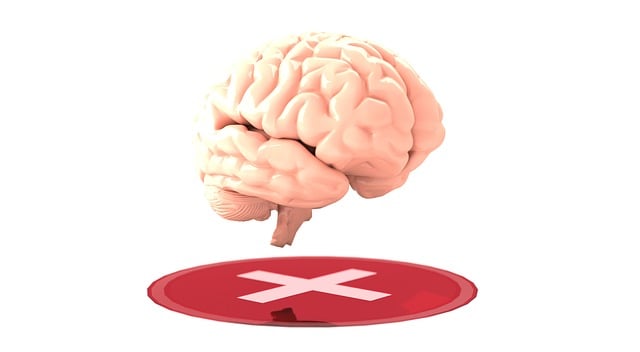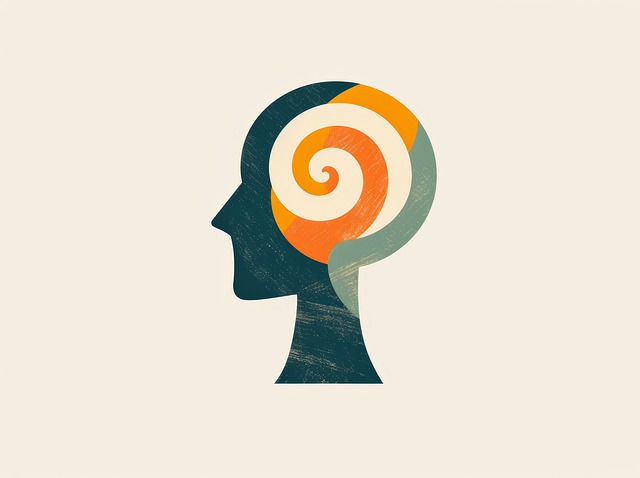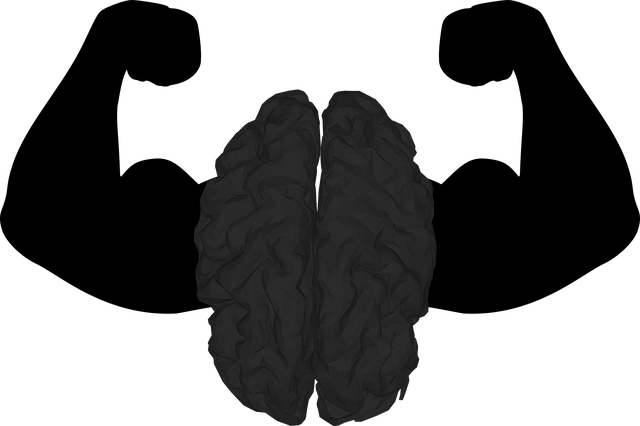Elderly individuals with terminal illnesses face unique mental health challenges, including grief, emotional distress, and anxiety due to declining health, physical pain, and acceptance of mortality. Effective therapy involves identifying these risks, promoting mindfulness meditation, raising mental health awareness among caregivers, and integrating comprehensive risk assessments into sessions. Strategic risk assessments empower professionals to advocate for informed decision-making and enhance care quality through targeted interventions. Additionally, self-care practices and cultural competency training are vital tools for maintaining resilience and effective communication during life's final stages, improving patient and family experiences.
Mental health professionals grappling with therapy for elders facing terminal illness need a robust risk assessment framework. This article guides them through crucial aspects, from identifying unique risks specific to this vulnerable population, to integrating comprehensive risk assessments into therapy sessions. We explore effective strategies for mitigating and managing these risks in end-of-life care, ensuring compassionate and competent support during this delicate phase.
- Identifying Risks Specific to Elderly Terminal Illness Patients
- Integrating Comprehensive Risk Assessment into Therapy Sessions
- Strategies for Mitigating and Managing Risks in End-of-Life Care
Identifying Risks Specific to Elderly Terminal Illness Patients

The unique challenges faced by elderly individuals with terminal illnesses demand a nuanced approach when it comes to mental health support. As these patients navigate their final days or months, they may experience heightened anxiety, depression, and existential fears. Identifying risks specific to this demographic is crucial in providing effective therapy for elders with terminal illness.
One significant risk factor is the impact of their declining health on their sense of autonomy and purpose. Many elderly patients struggle with accepting their mortality, which can lead to profound grief and emotional distress. Additionally, the physical pain and sensory impairments associated with advanced stages of illness can contribute to heightened stress levels and a reduced ability to engage in comforting activities or social interactions. Stress reduction methods, such as mindfulness meditation, have proven beneficial in managing these challenges. Promoting Mental Health Awareness among caregivers and family members is equally vital, enabling them to recognize early signs of distress and offer appropriate support.
Integrating Comprehensive Risk Assessment into Therapy Sessions

Incorporating comprehensive risk assessment into therapy sessions is a vital practice for mental health professionals, especially when treating elders with terminal illnesses. This approach ensures that therapists go beyond addressing immediate symptoms and proactively identify potential risks to the patient’s emotional well-being. By integrating thorough evaluations, therapists can facilitate meaningful conversations about fears, existential concerns, and coping mechanisms, fostering a supportive environment that strengthens the individual’s inner strength development.
A strategic risk assessment also enables mental health professionals to advocate for informed decision-making within the context of Mental Health Policy Analysis and Advocacy. Understanding the unique challenges faced by elders with terminal illnesses allows therapists to provide targeted interventions, enhancing the quality of care. Furthermore, cultivating emotional intelligence becomes a powerful tool in navigating these sensitive discussions, enabling professionals to connect with clients on a deeper level and offer tailored support.
Strategies for Mitigating and Managing Risks in End-of-Life Care

Mental health professionals working with elders facing terminal illnesses require tailored strategies to mitigate and manage risks effectively. Risk Management Planning for Mental Health Professionals involves creating comprehensive guidelines that address specific challenges unique to end-of-life care. This includes ensuring adequate self-care practices among healthcare providers, as burnout can compromise patient safety and quality of care. By prioritizing Self-Care Practices, professionals can maintain resilience and emotional well-being, enabling them to provide compassionate support to patients during their final journeys.
Incorporating Healthcare Provider Cultural Competency Training is vital. Understanding the cultural nuances and values of both the patient and their families fosters effective communication and builds trust. This training equips mental health professionals with the skills to navigate sensitive conversations about death and dying, honouring individual preferences while offering appropriate therapy for elders terminal illness. A culturally competent approach enhances the overall experience for patients and families facing life’s final chapter.
Mental health professionals play a crucial role in providing therapy for elders with terminal illnesses, but this work comes with unique risks. By identifying specific risks and integrating comprehensive risk assessment into therapy sessions, practitioners can better navigate the complexities of end-of-life care. Implementing strategies to mitigate and manage these risks is essential to ensuring high-quality support for both patients and caregivers. Through a nuanced approach that considers the emotional, psychological, and practical challenges, mental health professionals can enhance the overall experience during this difficult time.














